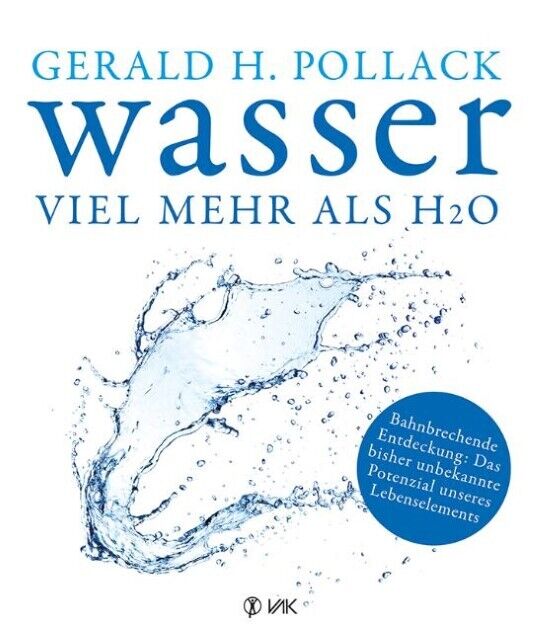Dartsch Scientific Institute for cell biological test systems
Scientific studies with cultured intestinal epithelial cells and cells that mediate inflammation
Background and question
Lt. According to the manufacturer, “(the CUDU® NI PRO) increases the energy capacity and has a strongly revitalizing effect”. Based on this, this study used cultured intestinal epithelial cells and cells that mediate inflammation to investigate whether the CUDU® NI PRO has demonstrable beneficial effects at the cellular level using current scientific methods.
Investigated cellular parameters
(1) Regeneration of cultured intestinal epithelial cells to restore intestinal wall integrity after trauma.
(2) Oxidative stress from the environment/environment (e.g. due to food components, intolerances, additives, general stress situation), which can increase the permeability of the intestine and thus lead to the absorption of undesirable substances from the intestine into the blood.
(3) Intestinal wall barrier integrity by determining transepithelial electrical resistance (TEER).
(4) Endogenous oxidative stress due to the formation of radicals in inflammatory cells (neutrophil granulocytes). For this purpose, human promyelocytes were used, which were differentiated into functional neutrophils over several days by adding dimethyl sulfoxide. In an induced oxidative burst, these cells formed superoxide anion radicals, which can further damage already damaged tissue.
Results
(1) Increase in the regeneration of intestinal epithelial cells by more than 11% by the CUDU® NI PRO compared to the untreated control (11.7 ± 3.4%; mean ± standard deviation; 3 independent test series).
(2) Reduction of the effect of oxidative stress (500 µM hydrogen peroxide for 24 hours) from the environment/environment by over 30% by the CUDU® NI PRO compared to the untreated control (36.4 ± 7.9%; mean ± standard deviation ; 3 independent test series with 2 replicates each).
(3) Improvement of the integrity of the intestinal wall barrier by more than 40% by the CUDU® NI PRO compared to the untreated control (42.4 ± 9.5%; mean ± standard deviation; 3 independent experimental series).
(4) Reduction of radical formation by inflammatory cells by more than 30% by the CUDU® NI PRO compared to the untreated control (32.0 ± 7.8%; mean ± standard deviation; 3 independent test series with 2 replicates each).
conclusion
The cell biological results show a consistently extremely positive picture of the beneficial effects of CUDU® NI PRO on intestinal epithelial cells and functional neutrophils. Particularly noteworthy are the results in the reduction of oxidative stress from the environment/environment, the results in the inactivation of radicals formed in the tissue by inflammatory cells and the promotion and maintenance of the integrity of the intestinal wall barrier.
Prof. Dr. Dartsch talks about the exact measurement methods and results
Video


